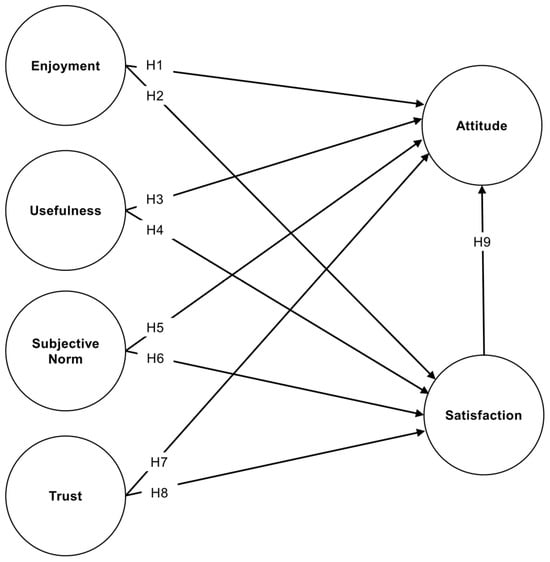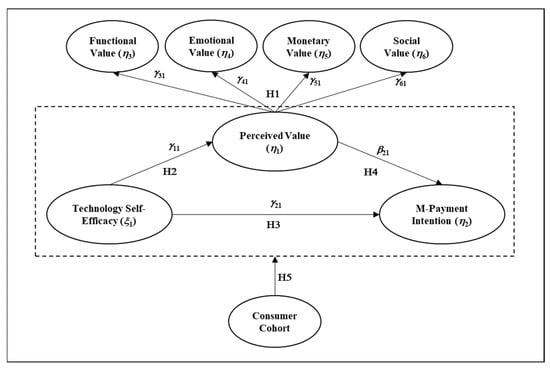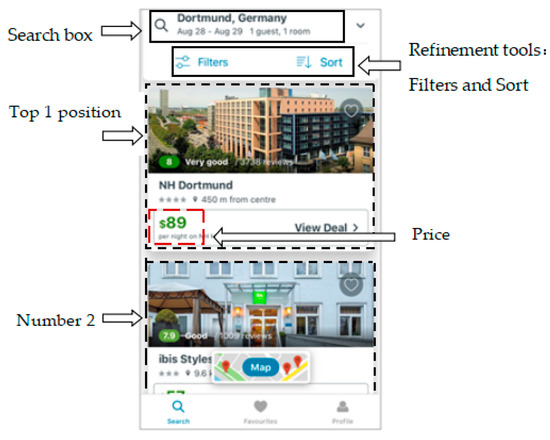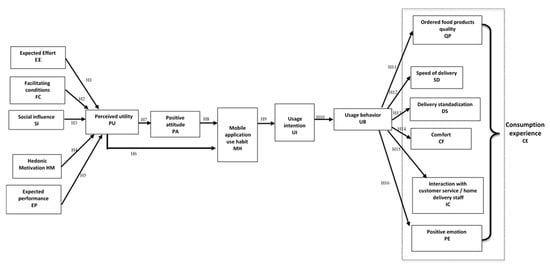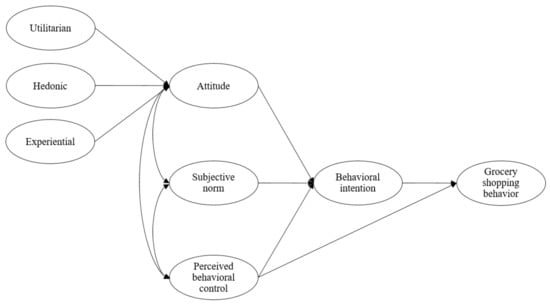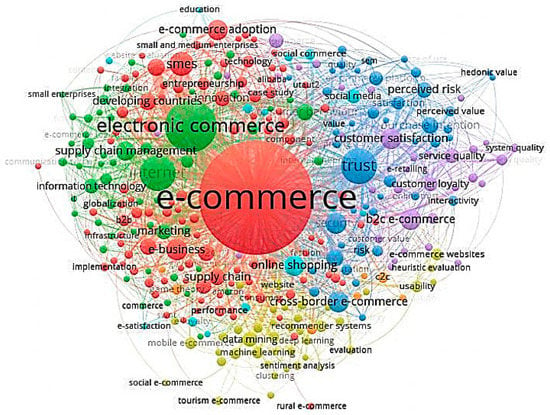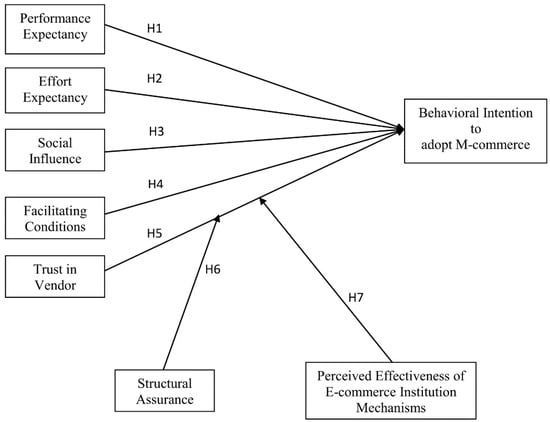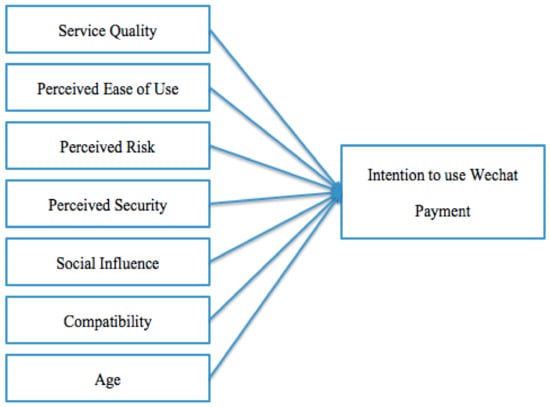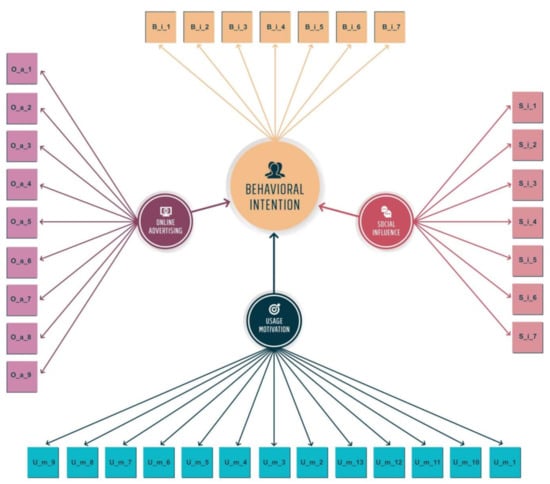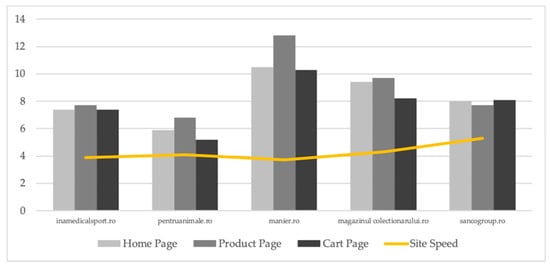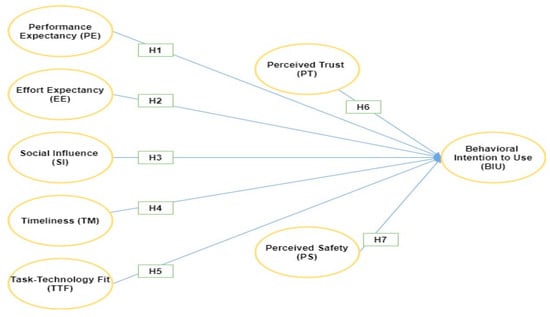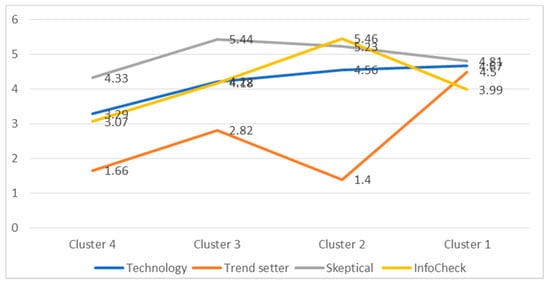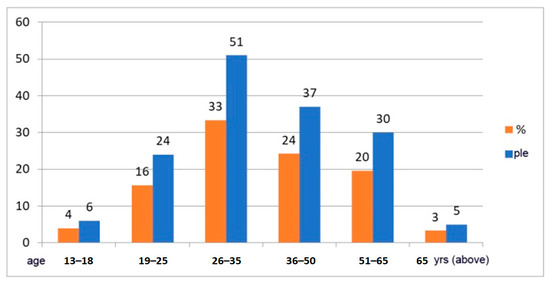Enhancing Consumer Experience through Mobile Commerce: Challenges and Opportunities
A topical collection in Journal of Theoretical and Applied Electronic Commerce Research (ISSN 0718-1876). This collection belongs to the section "Digital Marketing and the Connected Consumer".
Viewed by 310119Editors
Interests: retail; e-retail; generational marketing; sustainable retail marketing; international retail; green retailing
Special Issues, Collections and Topics in MDPI journals
Interests: retail logistics; supply chain management; e-logistics; leadership
Special Issues, Collections and Topics in MDPI journals
Topical Collection Information
Dear Colleagues,
The penetration of mobile devices, such as smartphones, has substantially revolutionized the retail environment and is improving the consumer experience in e-commerce, leading to the formation of a new distribution channel between companies and consumers called mobile commerce. Mobile commerce (m-commerce) refers to any transaction with monetary value, performed through a wireless internet-enabled device (Clarke, 2001). Mobile commerce is constantly growing, due to its unique features such as ubiquity, localization, personalization, and convenience. These characteristics of mobile commerce lead to the formation of new shopping behavior, such as the “on the go” shopping style, meaning that the consumer purchasing process is performed five times faster than through physical stores (Liftoff & Adjust, 2020).
In 2017, the global share of m-commerce sales was 58.9% of total e-commerce sales, forecasted that the worldwide m-commerce share will grow to exceed 72.9% by the end of 2021. (Statista, 2019b). The forecast of the mobile commerce sector is extremely promising; the worldwide mobile apps revenue in 2019 was $ 461.7 billion, estimated to double in value by 2023. The global penetration rate of mobile shopping applications was 35.79% among Android users and 22% among iOS users (Statista, 2019a) in 2019.
Although the fast growth of the m-commerce market brings extensive business opportunities, the present challenge for companies is to identify the proper way to develop services on mobile devices that will also provide for their customers a holistic and unique long-term experience and generate consistent revenue for stakeholders. One of the biggest challenges for companies is the retention rate of mobile shopping applications (Liftoff & Adjust, 2020). It decreased globally in 2019 by 6% compared to 2018 (38%) (Statista, 2019a). After 30 days, the retention rate of shopping apps is below 5%, which means that 95% of those who download the app no longer use it after 30 days (Liftoff & Adjust, 2020).
The objective of this Special Issue is to capture the latest advances regarding the use of mobile commerce by contemporary organizations. Topics of interest for publication in this Special Issue include, but are not limited to, the following:
- Mobile commerce tendencies in a global world
- Mobile commerce tendencies by industries
- Impact of COVID-19 on mobile commerce
- Industry challenges during the pandemic in the context of m-commerce
- Mobile commerce strategies of organizations
- Mobile commerce applications impact on consumer behavior
- Generational approach of mobile commerce
- Challenges of mobile commerce applications for organizations
- Shift from e-commerce to m-commerce: a consumer perspective
- Consumer experience trough mobile commerce
- Privacy concerns of mobile commerce applications
- Consumer journey through mobile commerce
- Omnichannel mobile shoppers
- Technology features in the mobile commerce
- Mobile shoppers behavior
- Consumer engagement through mobile commerce applications: case studies and practices
Prof. Dr. Cristinel Vasiliu
Ms. Rebeka-Anna Pop
Guest Editors
Manuscript Submission Information
Manuscripts should be submitted online at www.mdpi.com by registering and logging in to this website. Once you are registered, click here to go to the submission form. Manuscripts can be submitted until the deadline. All submissions that pass pre-check are peer-reviewed. Accepted papers will be published continuously in the journal (as soon as accepted) and will be listed together on the collection website. Research articles, review articles as well as short communications are invited. For planned papers, a title and short abstract (about 100 words) can be sent to the Editorial Office for announcement on this website.
Submitted manuscripts should not have been published previously, nor be under consideration for publication elsewhere (except conference proceedings papers). All manuscripts are thoroughly refereed through a single-blind peer-review process. A guide for authors and other relevant information for submission of manuscripts is available on the Instructions for Authors page. Journal of Theoretical and Applied Electronic Commerce Research is an international peer-reviewed open access quarterly journal published by MDPI.
Please visit the Instructions for Authors page before submitting a manuscript. The Article Processing Charge (APC) for publication in this open access journal is 1000 CHF (Swiss Francs). Submitted papers should be well formatted and use good English. Authors may use MDPI's English editing service prior to publication or during author revisions.
Keywords
- mobile commerce
- consumer behaviour
- generational theory
- advanced technologies for m-commerce
- online consumer behaviour
- consumer engagement
- mobile commerce strategies
- mobile commerce trends
- mobile commerce applications
- mobile commerce modelling
- incorporating ethics into m-commerce







